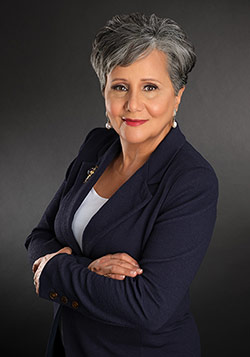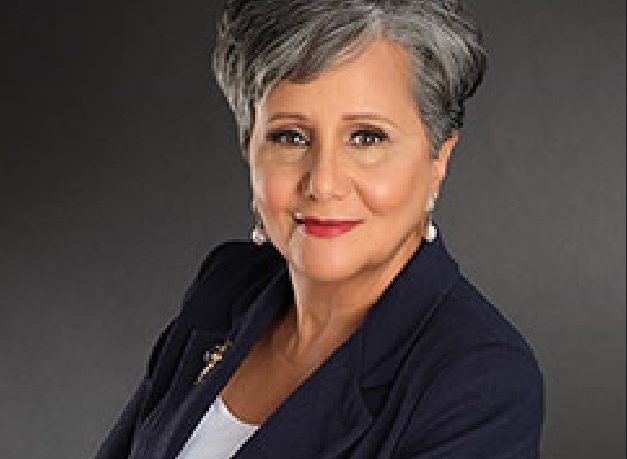By Megan Sayles,
AFRO Business Writer
msayles@afro.com
In 2016, Laura Murphy, former director of the American Civil Liberties Union’s Washington Legislative Office, pioneered a new kind of audit: the civil rights audit.
Today, more Corporate America giants, like Microsoft, JPMorgan Chase and Amazon, are engaging in the process.
Rather than examine a company’s finances, a civil rights audit determines how corporations are impacting communities of color. It goes beyond diversity, equity and inclusion efforts and looks at how a company’s policies, practices and products may be perpetuating discrimination against marginalized groups.
These audits have become a new frontier in the modern civil rights movement, helping to prevent businesses from regressing into old practices, riddled with inequities.
Murphy first performed a civil rights audit after vacation rental company AirBNB requested her help because White hosts were denying rentals to Black guests. Then, the civil rights advocate provided her services to Facebook—her recommendations led to former President Donald Trump being suspended from the platform after the insurrection at the U.S. Capitol.
“Civil rights groups, customers and shareholder groups and major unions, like the Services Employee International Union (SEIU), have invested millions of dollars in these companies, and they see problematic practices,” Murphy, president of Laura Murphy and Associates, said. “They want answers, and they’re investors, and they can command the attention of executives by introducing shareholder resolutions.”
Amazon announced in April that it would conduct a racial equity audit, led by former U.S. Attorney General Loretta E. Lynch, after mounting pressure from shareholders. The decision came after New York Comptroller Thomas P. DiNapoli filed a shareholder proposal with Amazon in 2021 requesting a review of how the company’s policies and practices influence equity, diversity and inclusion.
 Laura Murphy formerly served as director of the American Civil Liberties Union’s Washington Legislative Office. (Photo by Laura Murphy and Associates)
Laura Murphy formerly served as director of the American Civil Liberties Union’s Washington Legislative Office. (Photo by Laura Murphy and Associates)
His proposal was supported by 44.18 percent of shareholders, which was a record level for an environmental or social shareholder proposal.
In a proxy statement filed with the U.S. Security and Exchange Commission (SEC), Amazon said the audit will center on its nearly one million hourly employees and evaluate whether any of the company’s policies, programs or practices result in “disparate racial impacts.” It added that the results will be released to the public once the audit is complete.
In June, Microsoft joined Amazon, announcing that it would commission a third party to run a civil rights audit on the technology company’s workforce police and practices. The goal of the audit is to determine opportunities for Microsoft to address racial equity.
It also plans to release the findings and action plan to the public once the audit is complete.
JPMorgan Chase used a civil rights audit to examine the progress of its 2020 $30 billion Racial Equity Commitment, of which $18.2 billion has already been spent. Accounting firm PricewaterhouseCoopers (PwC) managed the process and confirmed in November that the financial services institution had made the headway it intended to.
“Just like there are financial audits of companies that are absolutely necessary, civil rights audits, in my view, are absolutely essential because there is a huge demographic shift in our population where minorities will soon be the majority, so you’re going to have to address a wide diversity of customer needs,” Murphy said. She adds, “You’re also going to have to pull from this population for your employees, and customers and employees are not going to take discrimination problems lying down.”
Megan Sayles is a Report for America Corps member.
Help us Continue to tell OUR Story and join the AFRO family as a member –subscribers are now members! Join here!



